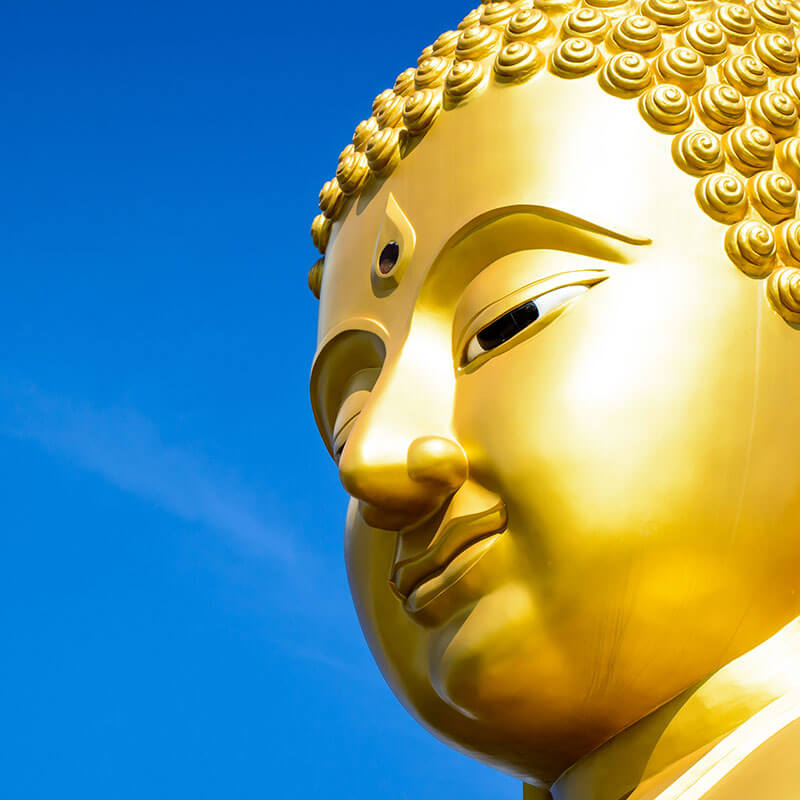
We live in scary times and we easily get caught in the primal reactions to fight, flee or freeze. Being in those states is miserable; we feel angry, fearful or numb – or all of the above. And it will taint our interactions with the people we love and the wider community.
Where to turn for support? Two spiritual leaders who I think have had a lot of practice with violence, suppression, heartbreak and loss are His Holiness the Dalai Lama and Archbishop Desmond Tutu. One living in exile for nearly 60 years now, his country still occupied, his culture and language still violated and suppressed. The other has been fighting years and years against the Apartheid system in South Africa and since its fall the many still ongoing after-effects.
Yet both of them, spiritual leaders for millions of people for decades, have been described time and again as some of the most joyful and happy people around. Which is no coincidence. What can we learn from them?
In his book with the Dalai Lama psychiatrist Howard Cutler describes research on unhappy versus happy people: “In fact, survey after survey has shown that it is unhappy people who tend to be most self-focused and socially withdrawn, brooding and even antagonistic. Happy people in contrast are generally found to be more sociable, flexible, and creative, and are able to tolerate life’s daily frustrations more easily than unhappy people. And, most important, they are found to be more loving and forgiving than unhappy people.”
Desmond Tutu says: “Discovering more joy does not, save us from the inevitability of hardship and heartbreak. In fact, we may cry more easily, but we will laugh more easily too. Perhaps we are just more alive. Yet as we discover more joy, we can face suffering in a way that ennobles rather than embitters. We have hardship without becoming hard. We have heartbreaks without being broken.” What uplifting and hopeful words. And the Dalai Lama has been famously quoted as saying: “Why be unhappy about something if it can be remedied? And what is the use of being unhappy if it cannot be remedied?”
This is so much easier said then done – and yet. As mindfulness practitioners we have an idea how to do that. How to use our practice on and off the cushion to put this into action, one step at a time, one breath at a time.
Love, Christiane
